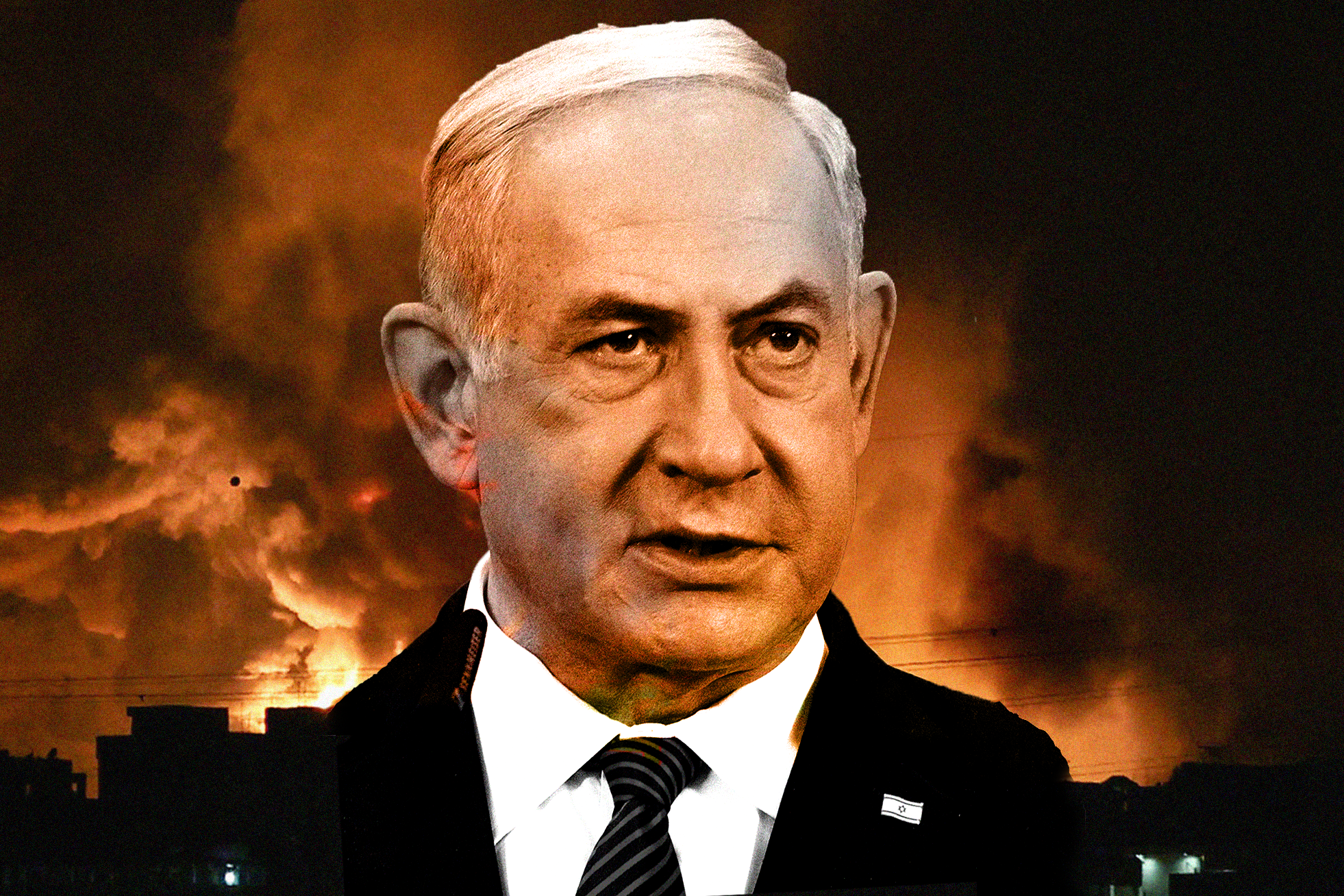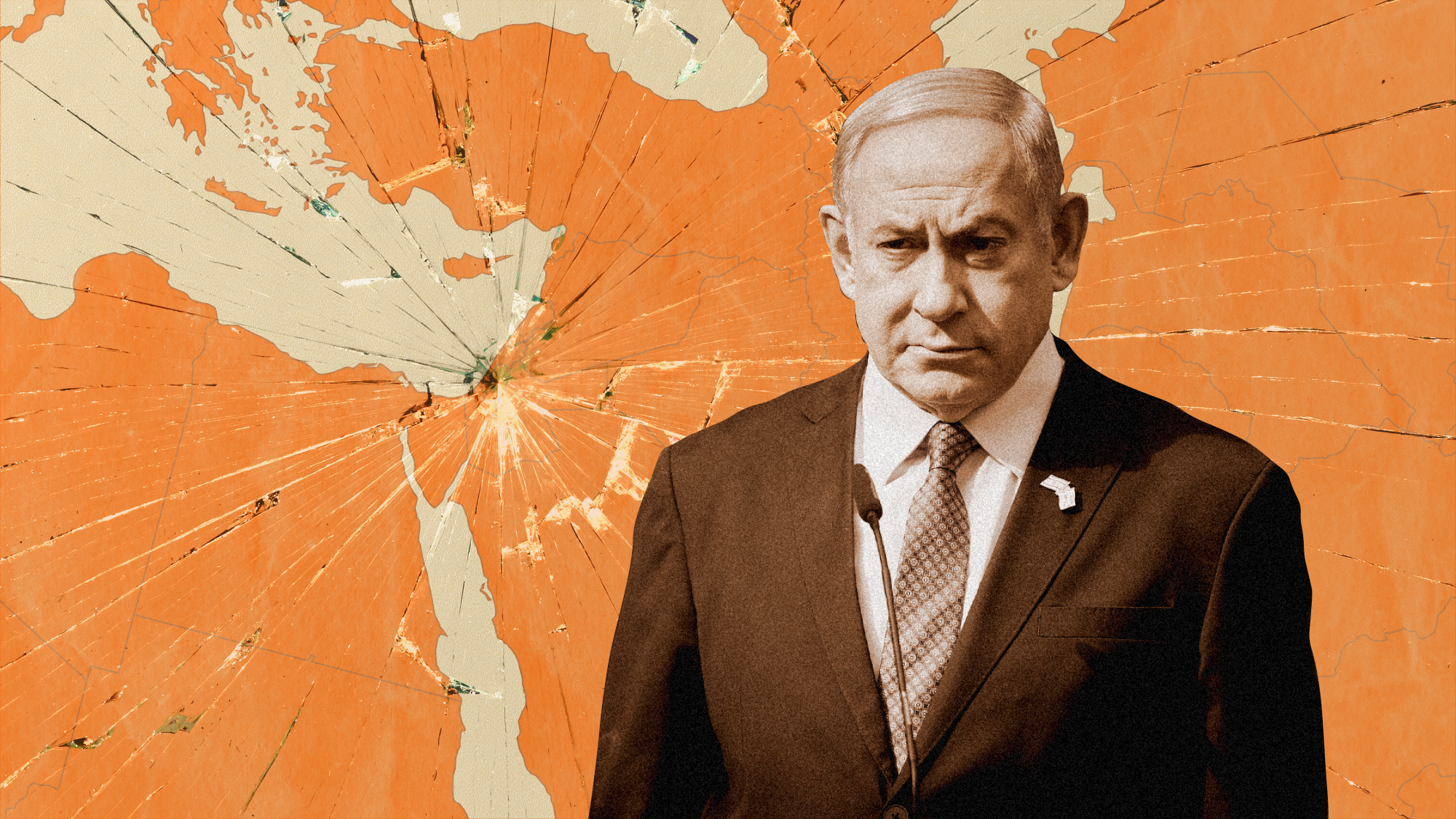British MPs have voted overwhelmingly to involve UK military forces in yet another imperialist adventure in Iraq. So successful have previous efforts at ‘stability’ and ‘democracy’ been, that the military is being sent in once again in a desperate attempt to prevent Iraq from spiralling out of the control of the Western imperialists. Rob Dransfield examines the hypocrisy and real motives of imperialism
British MPs have voted overwhelmingly to involve UK military forces in yet another imperialist adventure in Iraq. This will be the third time that British forces have been deployed to this theatre of conflict since 1990. So successful have previous efforts at ‘stability’ and ‘democracy’ been, that the military is being sent in once again in a desperate attempt to prevent Iraq from spiralling out of the control of the Western imperialists.
The birth of fundamentalism
The French and the British imperialists were originally responsible for artificially creating division and sectarianism in the now fractured region. This was almost a century ago after the defeat of the last claimants of Caliphate, the Ottoman Empire. Since that time, Iraq was primarily overseen by the British imperialists, until Saddam Hussein rose to power within the Ba’ath party and ran the country as a dictatorship.
Whilst Saddam’s authoritarian regime was brutal, there was at least a semblance of stability for many ordinary Iraqis prior to the US and British invasion in 2003. Religious fundamentalism, meanwhile, was unknown of inside Iraq at this time, despite the completely false allegations of Bush, Blair, et al. that Iraq was home to Al Qaeda.
Like Heracles fighting the Hydra, imperialism’s clumsy attempts to maintain their influence in the Middle East have simply led to their problems multiplying. As a result of imperialist intervention, chaos rather than democracy or freedom has been cultivated.
By invading and occupying, the Western imperialists disturbed all of the balance of forces in the region, fostering sectarianism within Iraq, supporting the corrupt gangsters of the Maliki government, helping to destabilise the country, and driving people towards the Islamic fundamentalists who painted themselves as protectors of the Sunnis and liberators from imperialist invaders.
The utopian promises offered by religious fundamentalism, meanwhile, seem to at least offer some salvation and hope to many, who have experienced nothing but exploitation and robbery under capitalism and imperialism. The local, national capitalists have arrived too late in the day in the Middle East and can play no progressive role in raising living standards. Instead, they tie themselves to the multinational capitalists, trying to gain their own pound of flesh from the exploits of imperialism. Hence the tendency in the region towards either corrupt puppet governments, such as those of Maliki, or rule by dictatorship and oligarchy, as seen in Saudi Arabia.
For some, therefore, organisations such as the Islamic State seem to offer progress by promising a return to the golden Islamic era of ages past, when the Arab world was a leading light in terms of culture, trade, and science. The reality, however, is that the IS brings none of this enlightenment, but instead only brutality and barbarism.
Imperialist hypocrisy
In order to justify intervention in the Middle East, Western powers have always had to find a convenient excuse. The so-called “war on terror” and the fabricated threat of WMDs have been the justification up until now. Over the past year, the war drums have again been beating loudly, first over the possibility of using Western military forces against Assad in Syria, and now for action against the IS in Iraq.
The most recent vote in Parliament was a hasty one, with David Cameron learning from last August’s vote, where his war preparations for Syria were shot down. The difference between the two votes is notable. Invading Syria was beyond the pale last year for many Labour MPs, sensing the public’s war-weariness and general distrust towards military intervention on the basis of alleged war crimes. This time, however, many of these same MPs sided with the Tory-led government’s plans for war in the neighbouring country of Iraq.
The difference, according to Ed Miliband, is that “IS is a murderous organisation” with “horrific values”. This fact is true and cannot be ignored; however, the distinction throws up a base hypocrisy. One must concede that Bashar Al-Assad, the dictator of Syria, is also a murderer, whose attacks against ordinary Syrians have also caused much terror. The regime in Syria is, like the IS, based upon slaughter and oppression, yet Miliband and co. were happy to oppose action against Assad. What’s more, in another display of hypocritical contradiction, the IS and its other fundamentalist cousins were part of the broad spectrum of ‘rebels’ that Western imperialists planned to back last year against Assad!
David Cameron seems itching to use the vote for action in Iraq to give backing for a future attempt at toppling Assad from his throne as well. The British Prime Minister has made it clear that strikes against the Islamists could spread into Syria without Parliament’s support if the “need” was “urgent” enough. The long term sights on removing Assad are clear as Cameron calls for a “transition of power” in Damascus; clearly this will not be a transition to the people, but to a friendly puppet who shall follow imperialism’s interests.
No future under capitalism
The intervention of the imperialists can offer no future to the ordinary masses in the Iraq and Syria. Such actions only create a cycle that is endless, leading to the birth of the next generation of fundamentalists and dictators. It is imperialism and capitalism that has created sectarianism and instability in the Middle East in order to divide and rule the region.
The only genuine solution is for the masses of the Middle East to take their destiny into their own hands, beginning by taking the resources and wealth of the region out of the private control of oligarchs and plutocrats, and into public ownership. Such a transformation must be of an international character, beginning with revolution in those countries with the strongest working class – in Egypt, Turkey, and Iran – and ending with the creation of a Socialist Federation of the Middle East. Only on such a basis will there be an end to religious sectarianism and national divisions.






